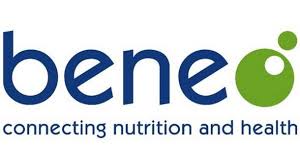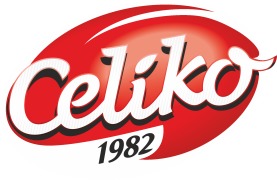News
Evolution of the clean label megatrend
18 Apr 2020Clean label foods and beverages have become the backbone of the industry rather than the exception, but the trend continues to evolve, meaning there are still opportunities for food manufacturers, ingredients companies and investors to capitalise.
Nearly all food manufacturers have made efforts to adapt to consumer expectations of more natural, clean label foods – but some have found it more difficult than others, especially as the term ‘clean label’ is not used by consumers themselves. For most companies, the general idea has been to switch out artificial ingredients to bring products in line with consumer ideas of naturalness, but while this is important, there are other facets to the trend that manufacturers may not always take into consideration.

A recent global survey from ingredient supplier Beneo, for instance, found 59% of respondents expected a natural product to be healthy, 53% said they thought it should not be genetically modified, and 50% equated ‘natural’ with high quality. Low sugar also was associated with natural products for 39% of global consumers, while food safety (40%) and ‘pure taste’ (44%) were also top expectations.
In manufacturers’ efforts to meet such demands, certain ingredients have emerged as clear winners. Processing aids like enzymes have been major beneficiaries of the clean label trend, as they do not appear in the final product and therefore do not need to be mentioned on ingredient lists. According to a recent report from L.E.K. Consulting, the food enzymes market is expected to grow by 7-8% a year, due to demand for clean label food processing as well as free-from positioning, such as gluten-free or lactose-free.
Freeze-dried fruit pieces and vegetable powders have also seen increased demand. Generally speaking, such ingredients are associated with good health, while some minimally processed fruits and vegetables also may help add natural colour, sweetness, flavour or micronutrients to foods. Companies like Poland-based Celiko have been active in this area for years, but more recently have branched out into related sectors like naturally functional ingredients.
Gums have also experienced strong growth as consumers look for cleaner label alternatives to other hydrocolloids. Gums have multiple uses in foods and beverages, including as thickeners, gelling agents, stabilisers and emulsifiers. Some, such as carrageenan, have fallen from favour due to consumer misperceptions about their safety, while others, such as acacia, gellan and guar gums have seen increased usage as consumers tend to perceive them as “cleaner” alternatives. Pectin is another hydrocolloid that has done well in light of clean label demands, as it is already familiar to many consumers for its role in thickening jellies and jams.
According to L.E.K., it is crucial that food manufacturers remain aware of these evolving clean label ingredient trends – and that they adapt as a result. For investors, too, there are plenty of opportunities in the ingredients space, as suppliers shift focus to respond to clean label demand.


